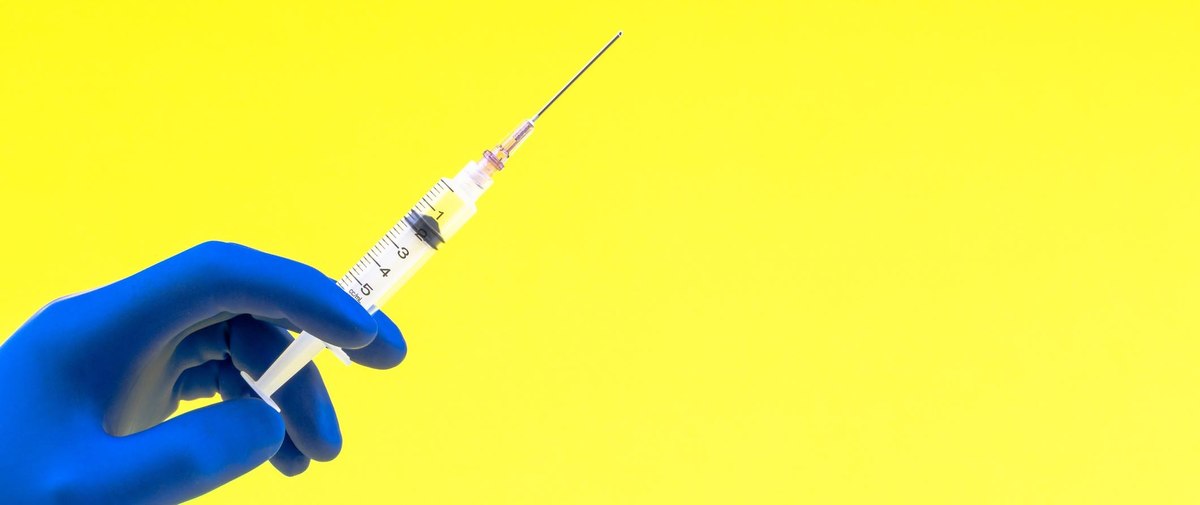
Fewer Americans say they’ll get vaccinated for COVID-19
America’s willingness to be vaccinated for COVID-19 has hit a new low.
Data from the Yahoo News/YouGov Poll shows roughly two in five (42%) of US adults say they will get vaccinated if and when one becomes available, down seven points from 55 percent on May 6.
While Democrats (55%) remain more likely than Republicans (37%) or Independents (34%) to say they’d get vaccinated, willingness has dropped among all political stripes since May.
This downward trend may be likely, at least in part, to a worry about the safety of fast-tracked vaccines, which are going through regulatory processes more rapidly than normal. As noted in a previous YouGov analysis of this poll, the concern doesn’t appear to fall along party lines, however, those who do not trust health authorities to judge vaccines are more likely to be concerned.
The slide in vaccine uptake may also be tied to America’s view of health experts. As the rate of vaccination intent appears to slide, fewer Americans, for example, rate Dr. Anthony Fauci’s performance during the coronavirus crisis as good or excellent (69% now vs. 80% in May), Yahoo News/YouGov data shows. Republicans (65%) are much less likely than Democrats (85%) to say his performance is good or excellent.
Roughly a quarter (27%) of Americans say they won’t get vaccinated, up eight points from May, while about a third (32%) say they aren’t sure if they’ll get vaccinated, up six points.
Meanwhile, Moderna, in partnership with the National Institute of Health, entered Phase 3 of its vaccine development at the end of July, meaning it’s enlisting thousands of healthy people for trial use.
See the full toplines and crosstabs from this week’s Yahoo News/YouGov poll
Methodology: The Yahoo! News survey was conducted by YouGov using a nationally representative sample of 1,506 U.S. adult residents interviewed online between July 28-30, 2020. This sample was weighted according to gender, age, race, and education based on the American Community Survey, conducted by the U.S. Bureau of the Census, as well as 2016 Presidential vote, registration status, geographic region, and news interest. The margin of error for the entire sample is ±3.3%.
Image: Getty